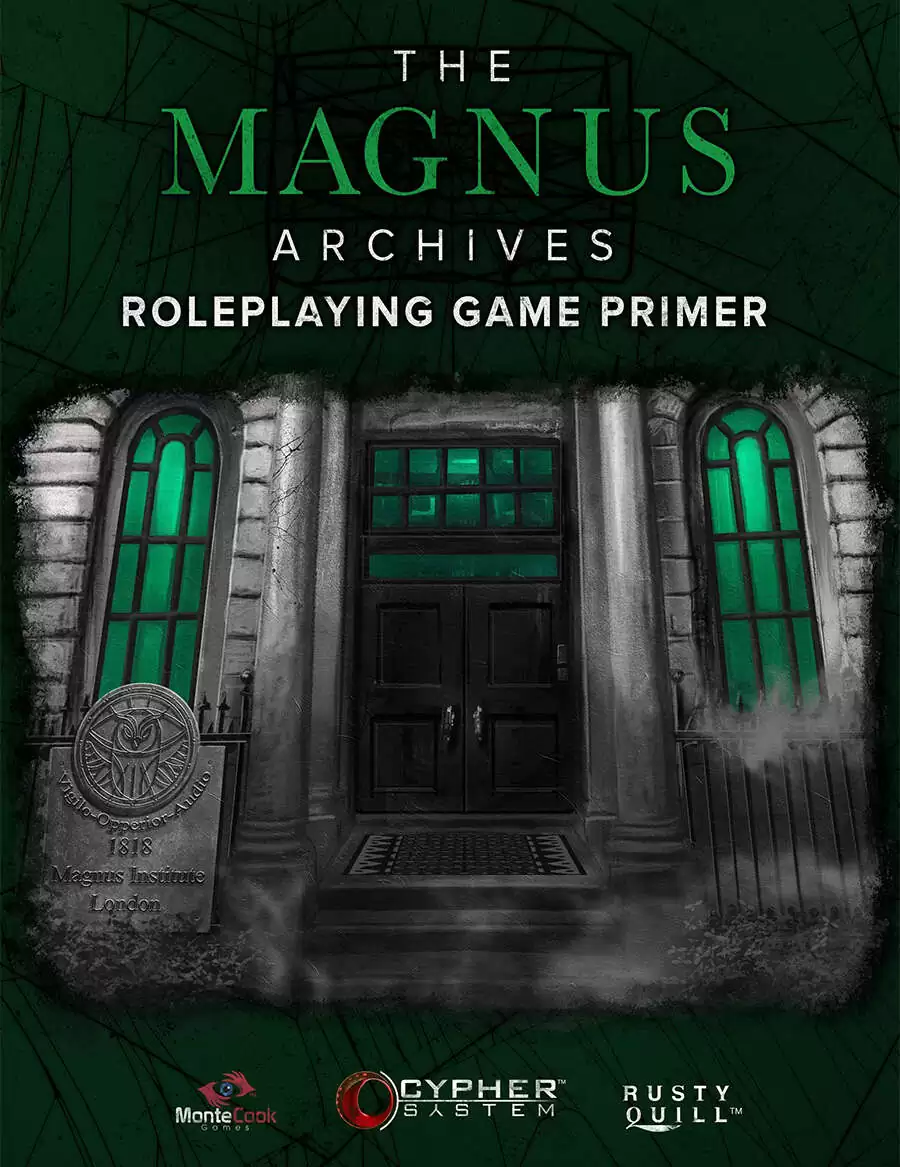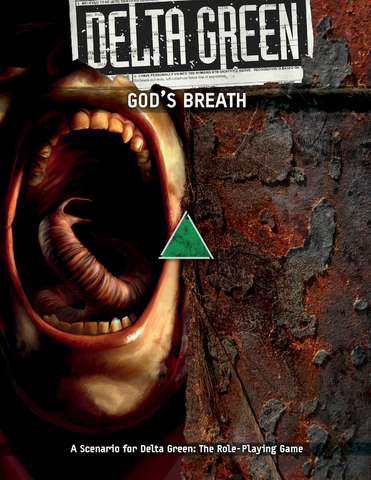The Magnus Archives Horror; Cosmic Horror; Dark; Narrative-Driven; Investigation; Collaborative Worldbuilding; Character Customization
The Magnus Archives Roleplaying Game, based on the popular horror podcast, offers players a chance to delve into the supernatural and the esoteric. It uses a modified Cypher System, emphasizing narrative-driven gameplay, character customization, and collaborative worldbuilding. The game's unique mechanics for handling fear and stress, coupled with its deep integration of the podcast's lore, create a distinctive and immersive experience. However, opinions on the suitability of the Cypher System for this setting are divided, with some favoring its narrative focus and others criticizing its mechanics.
Theme and Setting
The Magnus Archives RPG plunges players into a world steeped in cosmic horror, dark mysteries, and the unsettling supernatural. The setting revolves around the Magnus Institute, an organization dedicated to cataloging and researching supernatural statements. Players take on the roles of investigators, archivists, or individuals connected to the institute, exploring bizarre occurrences and unraveling the connections between seemingly isolated events. The game encourages collaborative worldbuilding, allowing players to shape the narrative and create their own interpretations of the Magnus Archives universe.
Core Mechanics and Rules
The game utilizes a modified version of the Cypher System, known for its narrative focus and streamlined mechanics. The GM sets a difficulty for tasks, and players attempt to overcome challenges by utilizing skills, assets, and special abilities. The system emphasizes player agency and creativity, encouraging them to contribute to the storytelling process. A key mechanic involves managing fear and stress, as characters confront horrifying entities and unravel dark secrets. Accumulating stress can lead to long-term consequences, including both detrimental effects and potentially beneficial supernatural abilities. The creation of witness statements to launch each adventure is an innovative aspect, deeply investing the gaming group and creating a novel experience each session.
While some find the Cypher System well-suited for the game's narrative-driven nature, others argue that it's not the best fit, citing the existence of alternative systems that might better capture the essence of The Magnus Archives.
What Makes It Unique
Several elements contribute to the unique appeal of The Magnus Archives RPG.
- Deep integration with the source material: The game incorporates lore, characters, and entities from The Magnus Archives podcast, providing a rich and immersive experience for fans. It contains detailed information about the entities, artifacts, and characters.
- Emphasis on investigation and storytelling: The game prioritizes investigation and narrative over combat-heavy encounters, encouraging players to explore the mysteries and uncover the truth behind the supernatural events.
- Stress and Trauma Mechanics: Dealing with the dark forces can inflict remarkable changes on a character over time.
- Collaborative Statement Creation: The innovative process for creating witness statements to launch each adventure invests the entire gaming group in the session.
However, the game allows Game Masters flexibility in how closely they adhere to the established canon, encouraging them to create their own realities and interpretations of the Magnus Archives universe.
Target Audience and Player Experience
The Magnus Archives RPG is geared toward fans of the podcast, horror enthusiasts, and players who enjoy narrative-driven roleplaying games. The game aims to provide a collaborative and immersive experience, where players actively contribute to the storytelling and shape the fate of their characters. Players can expect to grapple with themes of fear, paranoia, and the corrupting influence of the supernatural. The game's mechanics for handling stress and trauma add a layer of depth and realism to the character experience, reflecting the psychological toll of confronting cosmic horrors. However, enjoyment of the game may depend on individual preferences for game mechanics, with some players finding the Cypher System well-suited for the setting while others may prefer alternative systems that better align with their playstyle.



